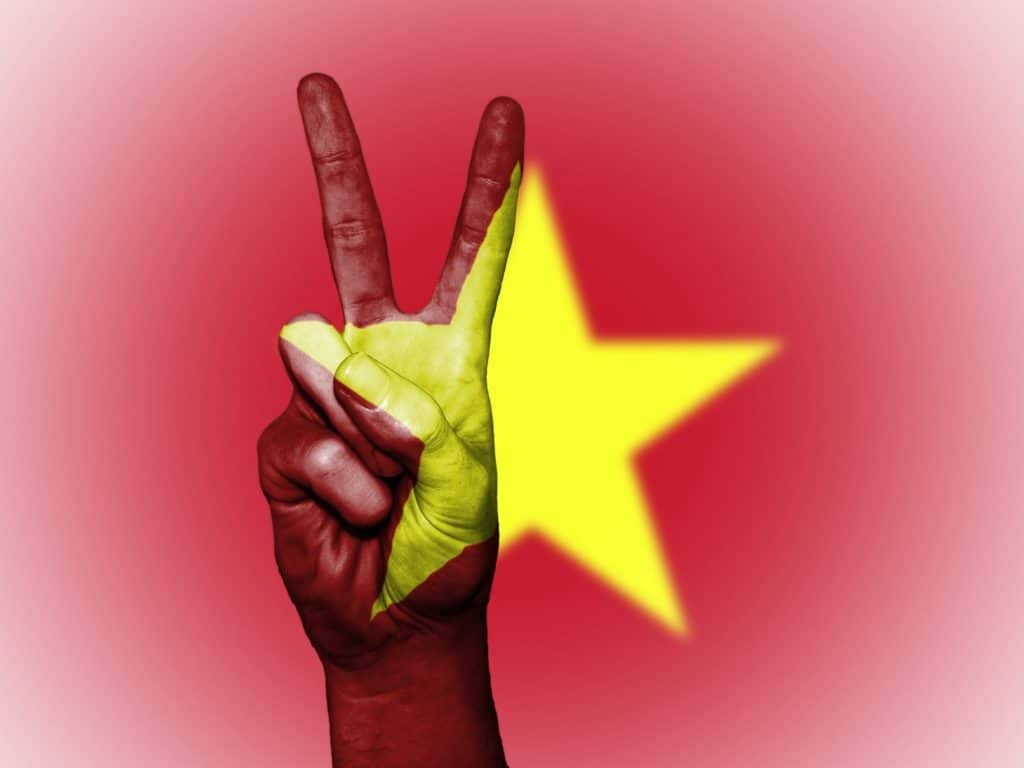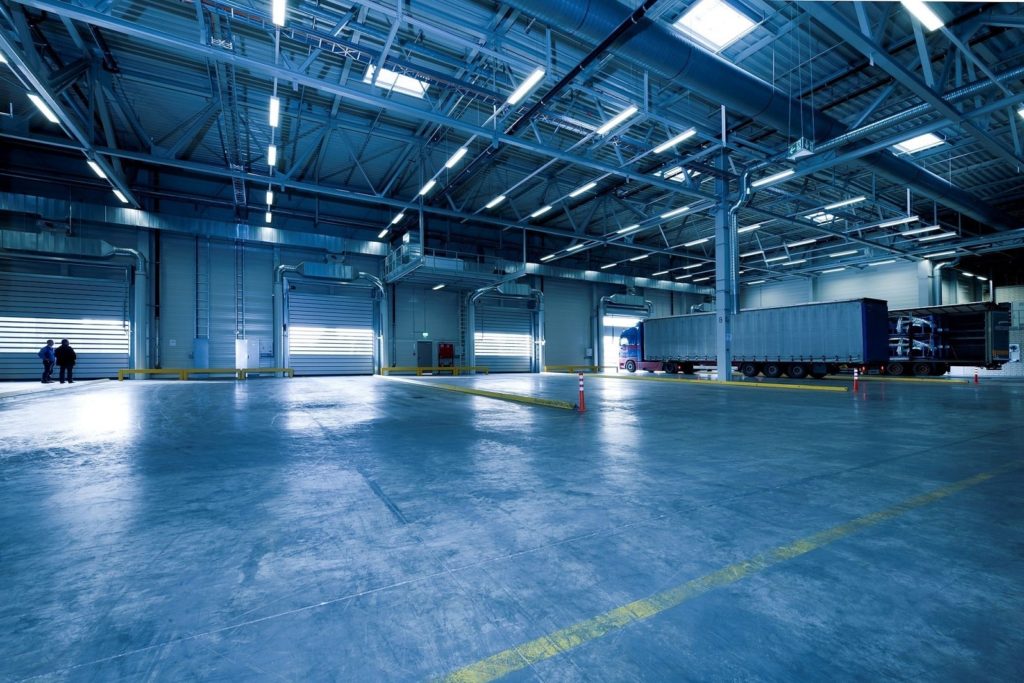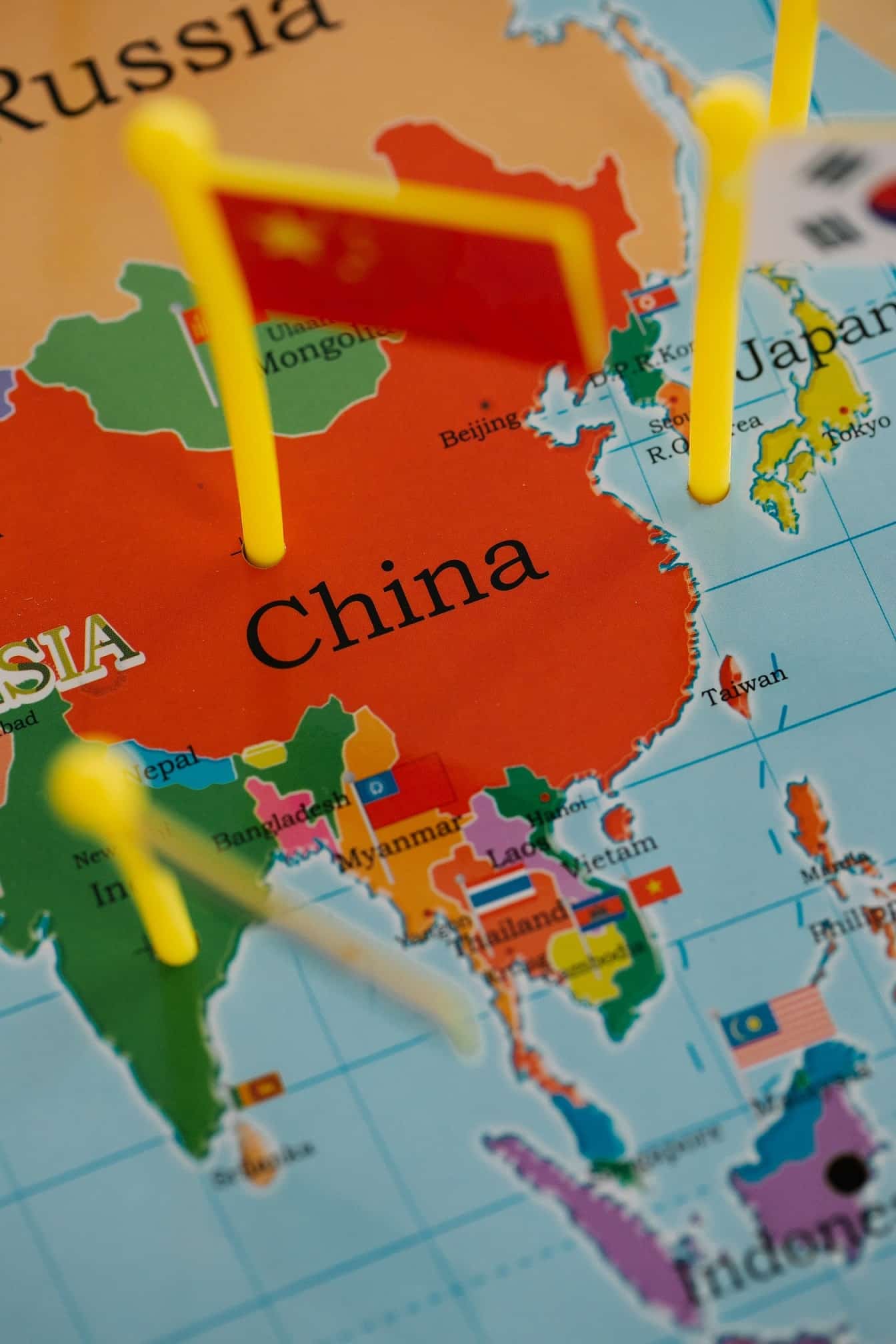For years, China has been the go-to manufacturing location, but that has changed in recent times.
With the increased transportation cost and heavy tariff policies between China and the United States, partnering with Sino factories is getting heavy on the pocket. On top of that, their sporadic city shutdowns in hopes of a ‘zero covid’ nation have resulted in uncertain lead times for businesses worldwide.
These complications can hinder the full potential of how your business scales and produces more revenue. To put it plainly, the increasing cost and complications with China have put your supply chain at risk.
In such unpredictable times, American companies need to have a Plan B and C to keep their businesses profitable and thriving. Though, moving away from China is easier said than done. It’s understandable to have concerns about the feasibility of branching out to other markets.
Fortunately for American companies, there are a handful of alternatives that may be a better option than China.
Alternative Manufacturing Countries and What You Should Know About Them
Mexico
Thanks to its proximity to the US, US companies get to immediately benefit from reduced transportation costs between the Mexican factories and warehouse facilities in the United States.
Setting up your supply chain in Mexico also comes with lower import tariffs compared to China due to the free trade agreement Mexico has with the US. The labor cost in Mexico is also 25% lower than in China giving your business an easy cost of production optimization opportunity.
Mexico’s manufacturing specialties include:
- Electrical equipment
- Footwear
- Textiles
- Medical equipment
- Furniture
However, some electrical components and glassware may still be imported from China to these Mexican factories. Be sure to clarify with your manufacturer the origination of any components they use in the manufacturing of your products.
India
India has significantly cheaper labor costs with rates 70% lower than China and 60% lower than Mexico. India’s affordable prices allow you to source at a larger scale and at a lower cost, making it a popular alternative to manufacturing in China.
India also has access to certain raw materials to manufacture products without importing them from China, which offers a more accurate lead time to businesses.
Some of the biggest production sectors in India are:
- Food production
- Consumables
- Wellness products
- Apparel
- Homeware & furniture
Vietnam
With Fortune 5000 companies like Adidas and Nike having factories in Vietnam, the country has become a hotspot for textile and apparel manufacturing, producing 20-30% of America’s footwear. Labor rates in Vietnam are also 50-60% cheaper than in China.
However, because of the country’s lack of raw materials, Vietnam has to import most of its materials from India and China, which isn’t a good option if a faster turnaround time is a priority for your business.

Important Checks When Sourcing Manufacturers Outside China
When running an e-commerce or retail business, the most important relationship you have (after your customers) is with your manufacturer. When they’re the ones producing your products, companies should prioritize having a strong relationship with their manufacturer based on trust and transparency.
Switching or sourcing to new manufacturers outside of China requires verifications and checks on potential factories to ensure a reliable partnership.
So, here are some of the checks to keep in mind before signing the dotted line with a new manufacturer.
Quality control checks
In a study done with Amazon sellers, research showed that sellers lose an average of $500 per negative review on their product. The quality of your product can make or break your business so it’s important for companies to do on-site checks at potential manufacturing factories to ensure the manufacturer’s work environment, machinery and finished products are of top quality.
Verifying manufacturer’s legal history
A manufacturer’s past legal records can suss out any red flags. Some factories may have had bans by their local government or a breach of past NDAs and intellectual property clauses. These manufacturers should definitely be avoided.
Ensuring no agreements with a sub-supplier
On paper, some manufacturers can have great credentials and top standards. However, after a location check, you might be shocked to find there are no workers, machines are not running and their products are more than 10 years old. This could mean the manufacturer is using a sub-supplier to run their business. For you, that means losing a level of labor, transparency and control over your products. Not to mention the extra cost you’re paying for the manufacturer to take a cut from!

Tips To Making the Transition Easier
These in-person checks and interviews can be time-consuming, especially when it requires you to take long-distance flights. But, verifying new manufacturers is a crucial step in protecting your business.
One easy solution is to hire talent on a project basis. Here are some tips to make the sourcing process easier and more efficient.
Choose from a thoroughly vetted list of manufacturers
Sourcing for reliable manufacturers is tough but you can streamline your search by picking from a list of vetted, trusted and verified manufacturers. Gembah sources, verifies and builds relationships with manufacturers worldwide before inviting them onto our network of trusted producers. This network makes it easier for American corporations who are searching for a dependable manufacturer to produce their goods.
Get on-the-ground quality control officers that look out for your interests
Instead of traveling yourself, get trusted personnel to inspect the factories for you. These specialized quality control officers will carry out more in-depth tests that mimic your company’s standards. Gembah has teams in every major market to do exactly this on your behalf.
Get legal specialists to do the background checks
Legal checks can get quite technical and complex so it’s best to hire independent legal specialists that can protect your company through contractual paperwork.
For experts you can trust, Gembah has a robust marketplace of vetted experts that can help you at every step of the product development journey.
Let us help you make the transition to an alternative manufacturing location simpler so you can focus on scaling your business and profits.



